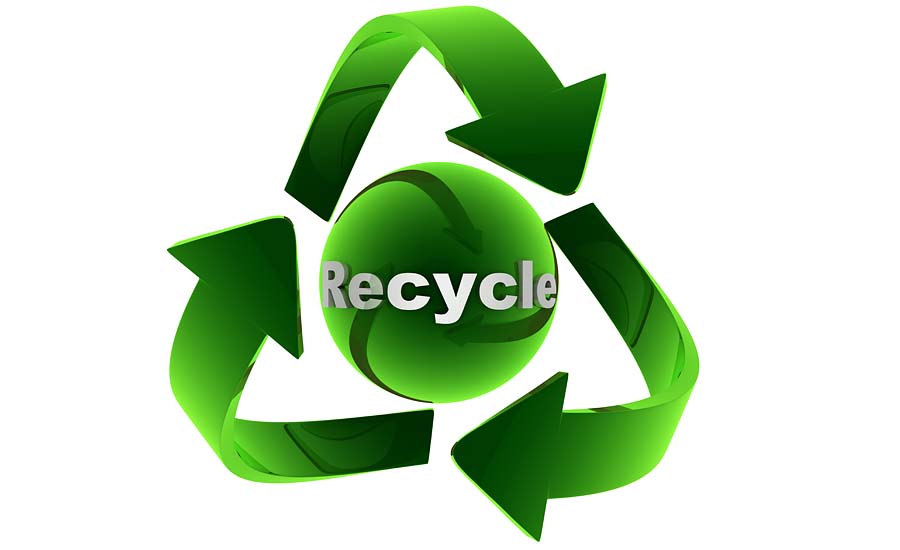Trader Joe’s announced plans to revamp its packaging to become more sustainable, “taking into consideration our customer feedback and our desire to be great neighbors,” the Monrovia, Calif.-based company said in a statement.
“While most of the plastic in our packaging has the highest recyclability acceptance rate in the U.S., reducing the amount of plastic packaging in our stores is another important focus of our sustainability,” the company adds.
As a result, Trade Joe’s created a framework to help its stores and vendor partners identify packaging improvement opportunities. This sustainability framework is based on the following principles:
1. Reducing and removing packaging.
2. Sourcing renewable and recycled packaging materials.
3. Choosing packaging that can be realistically recycled.
4. Avoiding the use of harmful substances in packaging.
5. Providing information to customers that increases understanding of how to best recycle or dispose of packaging.
Here are some of Trade Joe’s achievements to date:
- Stopped offering single-use plastic carryout bags in all stores nationwide.
- Replaced plastic produce bags with biodegradable and compostable produce bags for the convenience of carrying loose or “by-the-each" fruits and vegetables.
- Eliminated remaining Styrofoam packages in the produce section and replaced with bio-based, compostable trays.
- Identified the substances to avoid in packaging, including bisphenol A (BPA) and bisphenol S (BPS), Nonylphenol Ethoxylates (NPEs), Pre- and Polyfluoroalkyl Substances (PFAS), Polystyrene (PS), Styrene and Phthalates.
- Put together information for customers about packaging materials and disposal opportunities, so they can make informed and responsible decisions with these packaging materials.
Trade Joe’s projects in place right now entail:
- Reducing the number of items sold in plastic packages in the produce section, including apple, pear and potato bags.
- Replacing any remaining Styrofoam trays in the fresh meat section with PET1 trays that are highly recyclable.
- Replacing the current plastic sleeves on greeting cards with sleeves made of a renewable, compostable material.
- Replacing the current plastic flower bags with bags made of a renewable material.
- Eliminating non-recyclable plastic and foil pouches from tea packages.
As the company fulfills these steps in 2019, it is eliminating more than 1 million pounds of plastic from stores.
“We view this as ongoing work—in fact, never-ending work. As we continue in this endeavor, we are committed to openly sharing information about our progress,” the company said.


